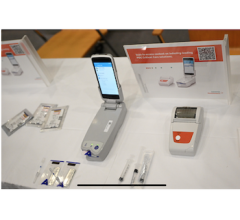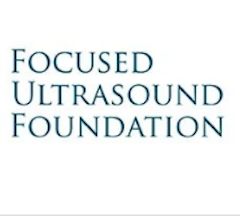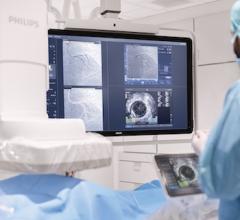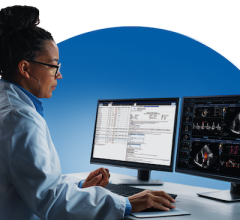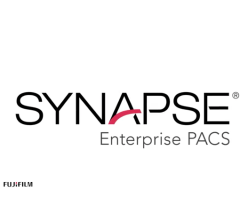
December 9, 2015 — ContextVision AB announced the development of a prototype technology that enables ultrasound imaging to be automatically optimized for each patient. The concept was demonstrated to a few select potential customers during the 2015 annual meeting of the Radiological Society of North America (RSNA), Nov. 29-Dec. 3 in Chicago.
The use of ultrasound for diagnostics and guidance during treatment is growing. An increasing number of patients represent challenges for accurate ultrasound imaging, due to obesity, excessive muscle mass or age-related diseases. Providing accurate ultrasound images of these patient groups can be difficult and time-consuming. Automated adjustment into the optimal image quality will increase diagnostic accuracy and save time.
ContextVision’s new prototype VEPiO (Virtual Expert Personal Image Optimizer) is built on the company’s newly developed Virtual Expert platform, which is trained to artificially simulate an expert opinion with an extremely high accuracy, according to the company. By using artificial intelligence, including deep learning technologies, the new prototype is able to automatically optimize the images for each individual patient, even during the more challenging patient scans. The result is shorter scanning times, improved diagnostic accuracy and less discomfort for the patient. A patent application for the technology on several modalities was filed last year.
Deep learning is the fastest growing area of machine learning. Deep learning mimics the brain to create a self-learning computer. It uses neural networks, many layers deep, and large datasets (“big data”) to teach computers how to detecting recognizable patterns in data. Deep learning is used in the research community and in industry to help solve many big data problems such as speech recognition and face recognition.
For more information: www.contextvision.com


 February 05, 2026
February 05, 2026 

